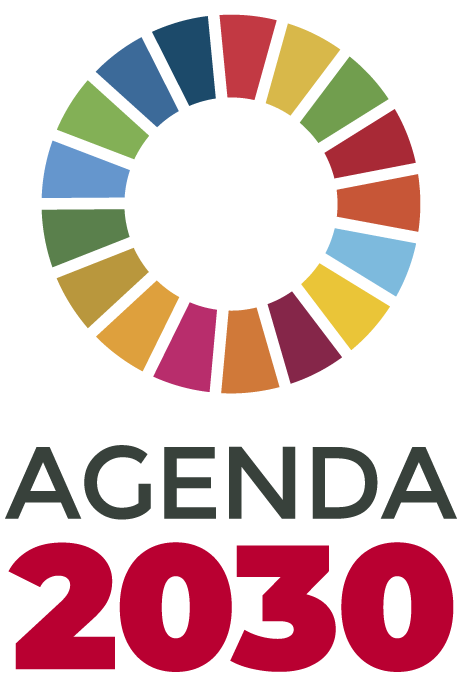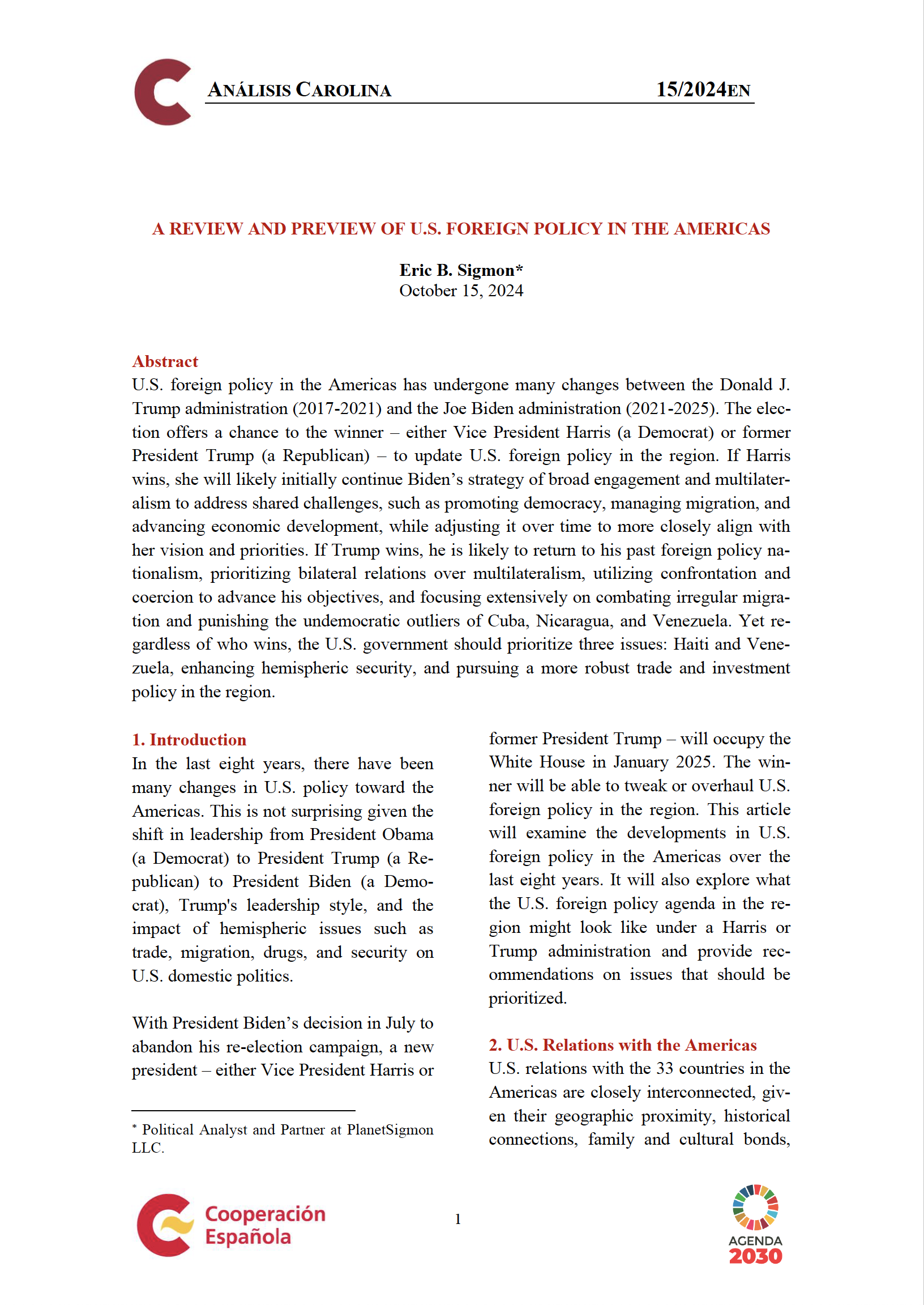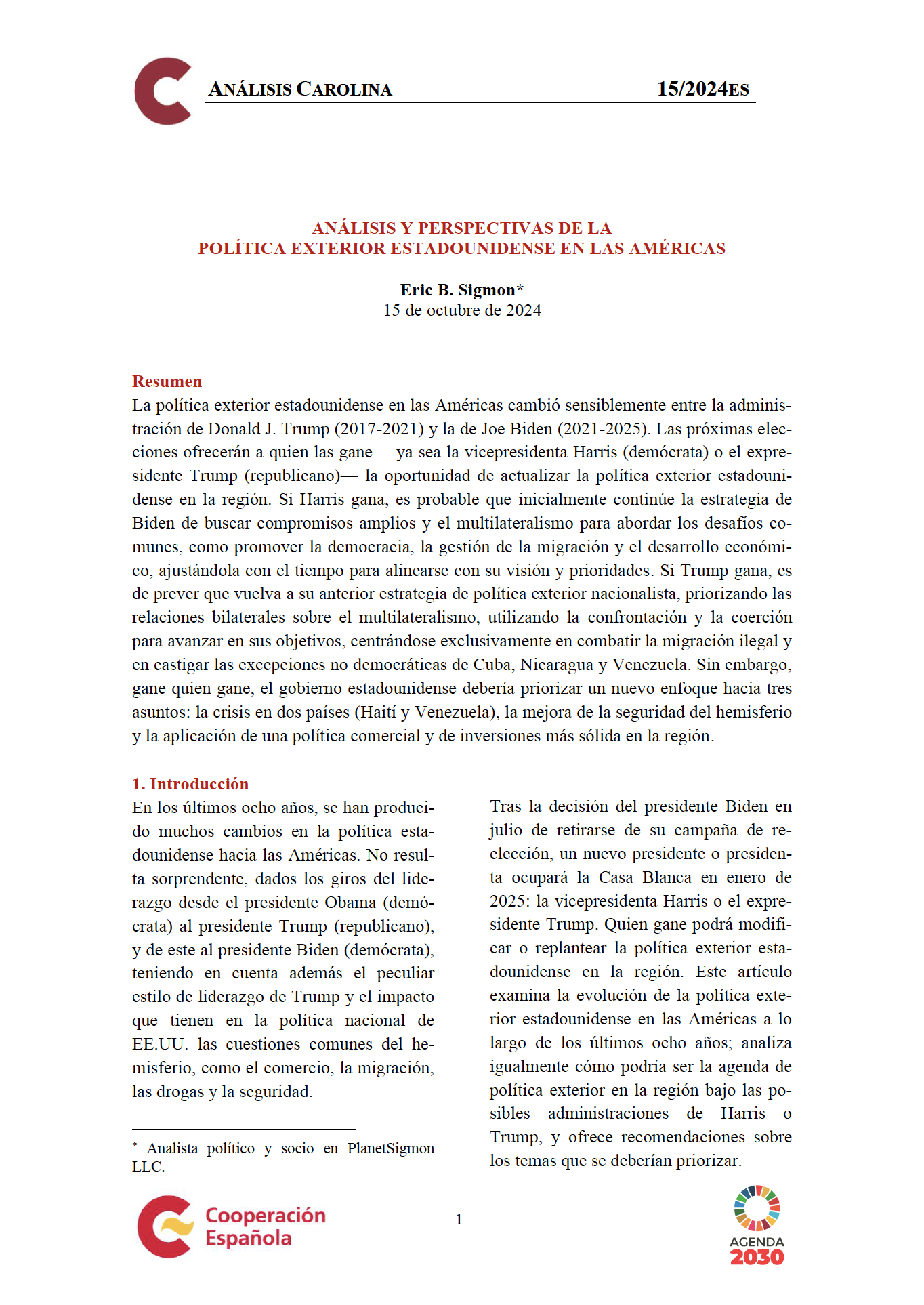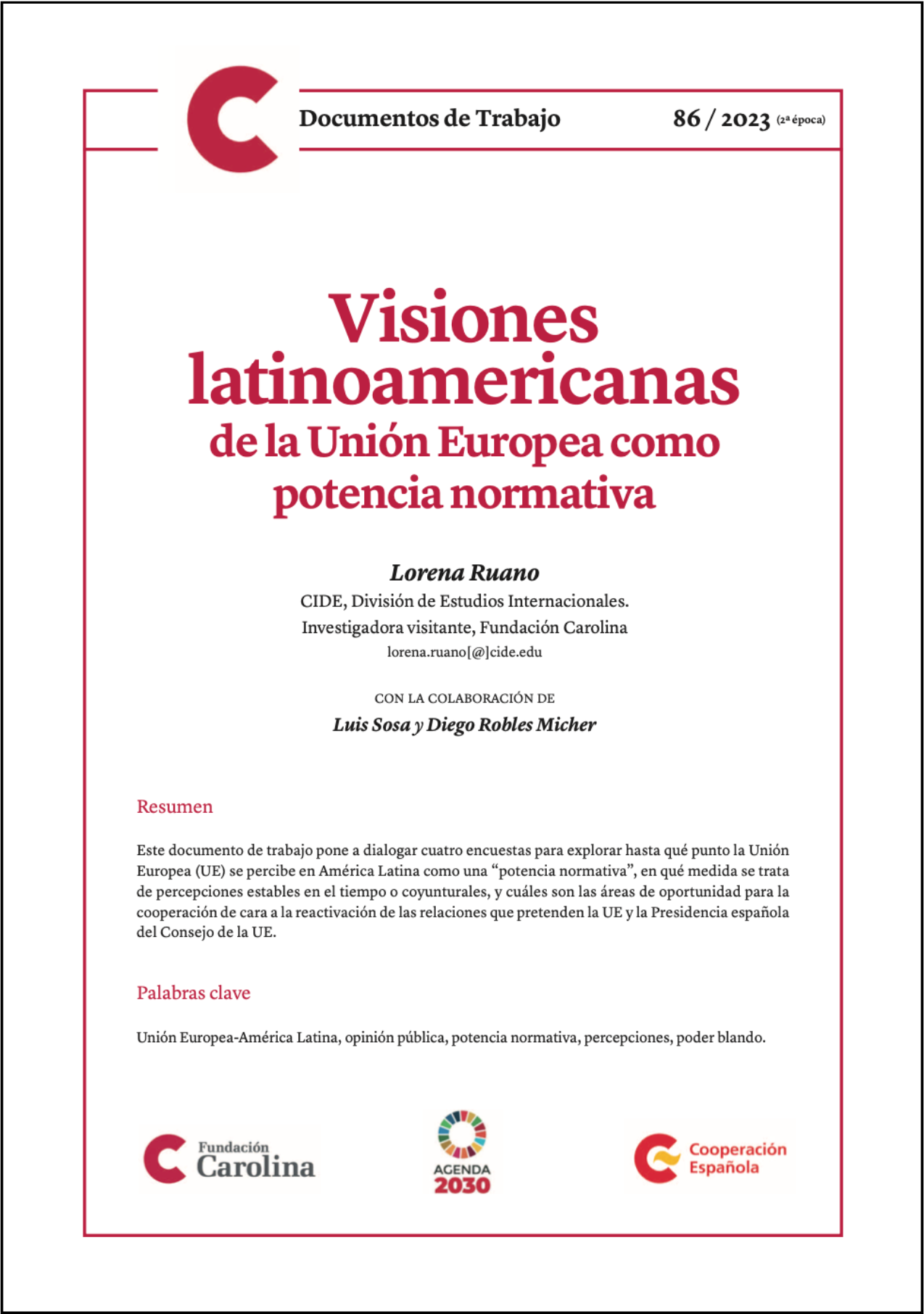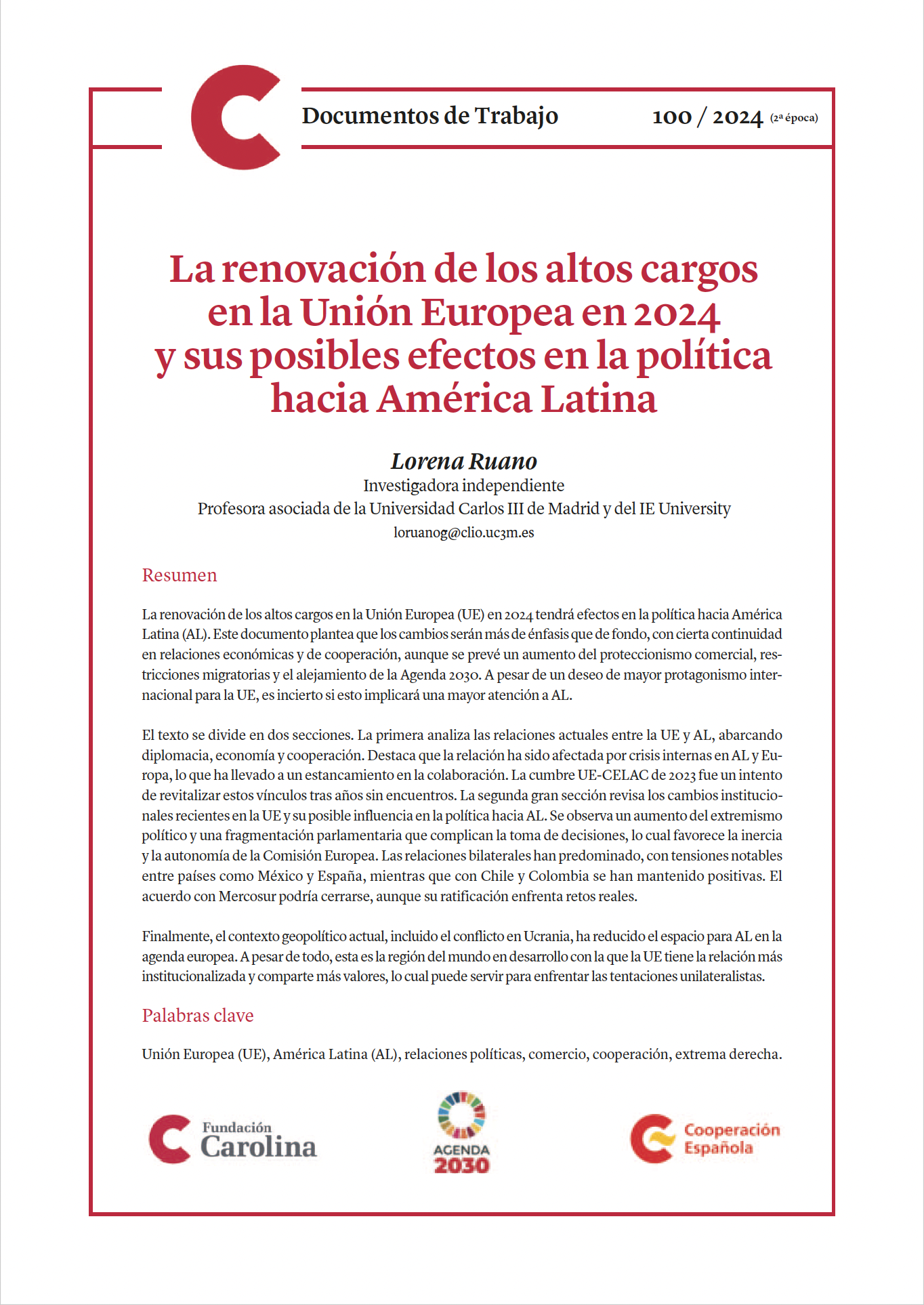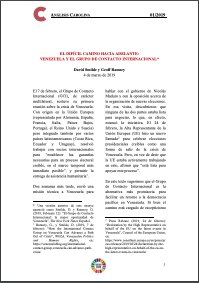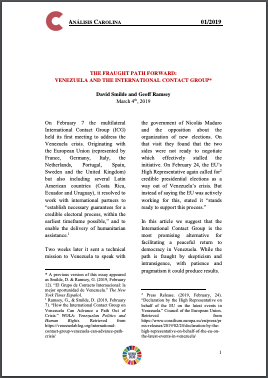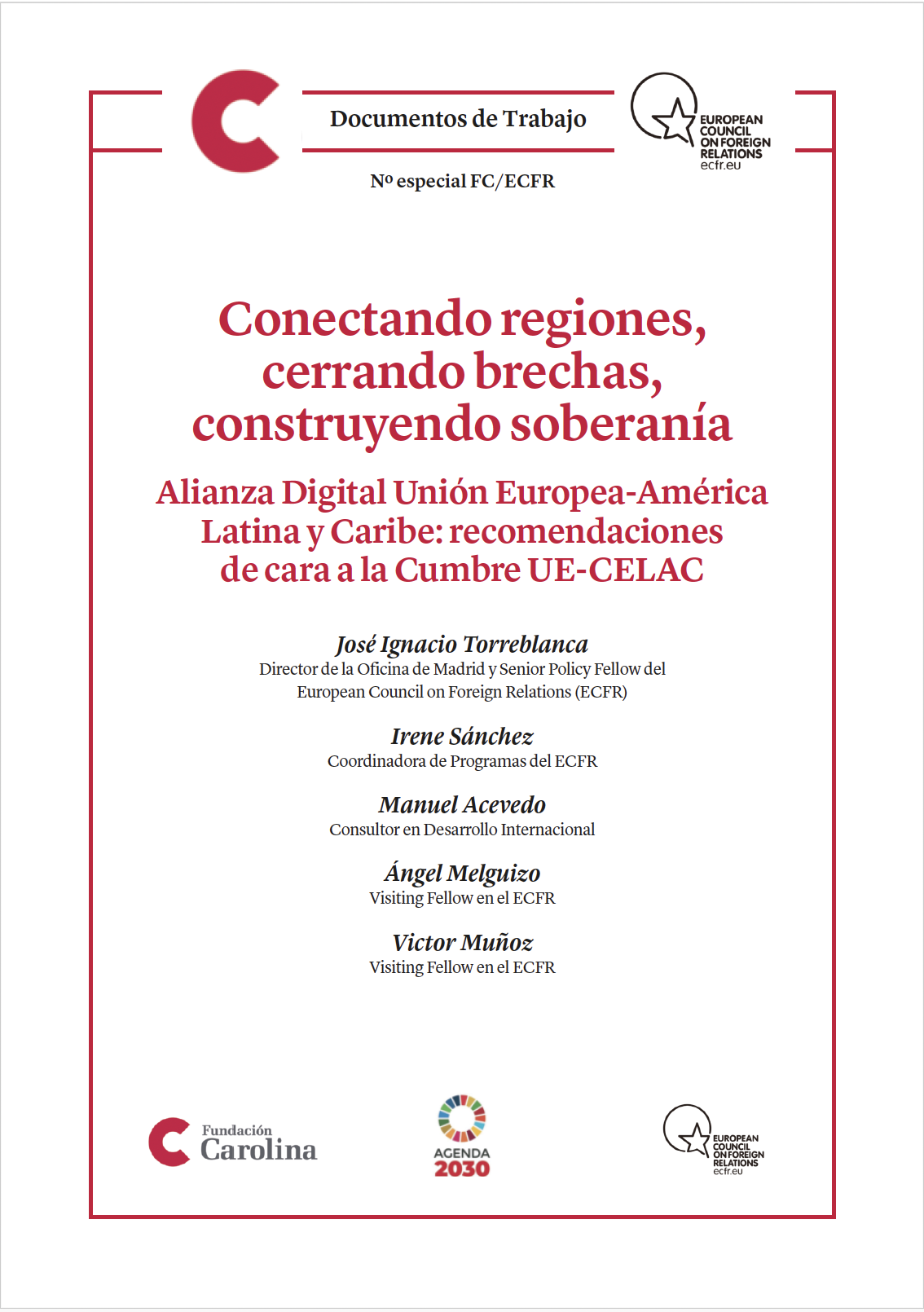U.S. foreign policy in the Americas has undergone many changes between the Donald J. Trump administration (2017-2021) and the Joe Biden administration (2021-2025). The election offers a chance to the winner – either Vice President Harris (a Democrat) or former President Trump (a Republican) – to update U.S. foreign policy in the region.
If Harris wins, she will likely initially continue Biden’s strategy of broad engagement and multilateralism to address shared challenges, such as promoting democracy, managing migration, and advancing economic development, while adjusting it over time to more closely align with her vision and priorities.
If Trump wins, he is likely to return to his past foreign policy nationalism, prioritizing bilateral relations over multilateralism, utilizing confrontation and coercion to advance his objectives, and focusing extensively on combating irregular migration and punishing the undemocratic outliers of Cuba, Nicaragua, and Venezuela.
Yet regardless of who wins, the U.S. government should prioritize three issues: Haiti and Venezuela, enhancing hemispheric security, and pursuing a more robust trade and investment policy in the region.


